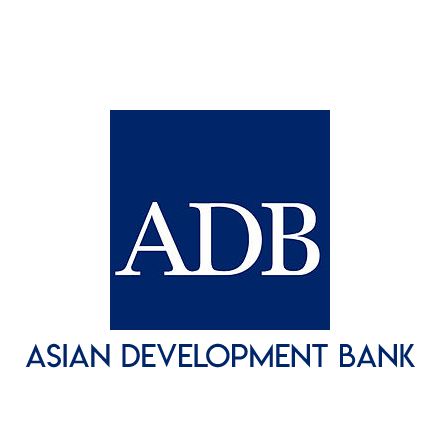ADB approves $350 Mn loan to support India’s logistics sector
The loan will finance the second subprogram, supporting Indian government’s efforts to create a comprehensive policy, planning, and institutional framework at the state and city levels.
Asian Development Bank (ADB) has approved a USD 350 million policy-based loan to support India strengthen and modernise logistics sector. The loan will finance the second subprogram, supporting Indian government’s efforts to create a comprehensive policy, planning, and institutional framework at the state and city levels, according to the statement from the regional development bank.
The development of India’s logistics sector is pivotal in enhancing the competitiveness of its manufacturing sector. Through strategic policy reforms, infrastructural improvements, and digital integration, the government’s ongoing reforms are set to transform the logistics landscape, ADB said.
This transformation is expected to not only reduce costs and improve efficiency but also create employment opportunities and promote gender inclusion–driving sustainable economic growth. The Government of India has introduced several strategic policies to address logistics sector constraints, including the Prime Minister Gati Shakti-National Master Plan (PMGS-NMP) and the National Logistics Policy (NLP). These initiatives aim to improve infrastructure, streamline processes, and promote digitisation.
“The development of the logistics sector has a profound impact on the manufacturing sector’s competitiveness. Improved logistics efficiency enhances supply chain resilience, reduces transaction costs, and boosts export competitiveness. The integration of digital technologies and standardised processes facilitates smoother movement of goods, which is crucial for manufacturing growth”, said Sameer Khatiwada, ADB Senior Public Management Economist.
From 2000 to 2022, India’s goods export increased from USD 48.5 billion to USD 467.5 billion while industrial exports grew from USD 39.6 billion to USD 317.4 billion. The government aims to reach USD 2 trillion in exports of goods and services by 2030.
The ADB said its program is helping India achieve this target by enhancing productivity and transfer of goods and reducing logistics cost while contributing to the reduction of greenhouse gas emissions.
The loan will finance the second subprogram,





